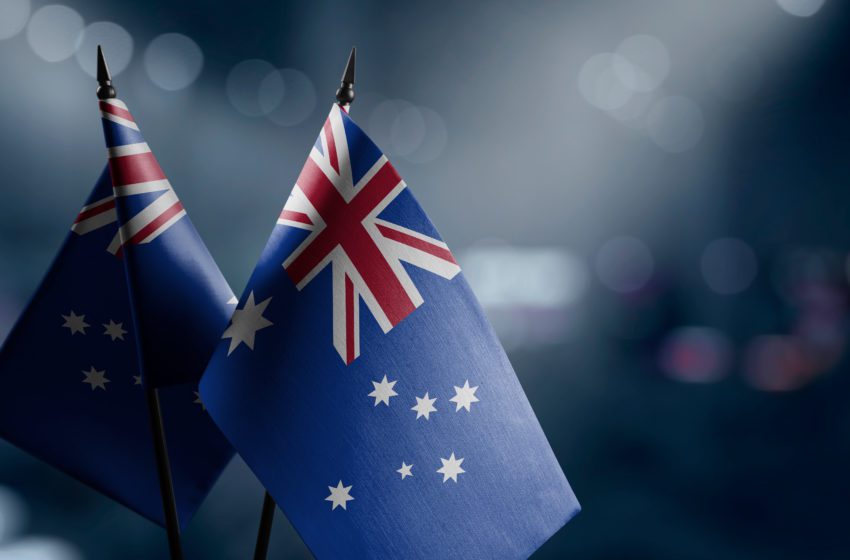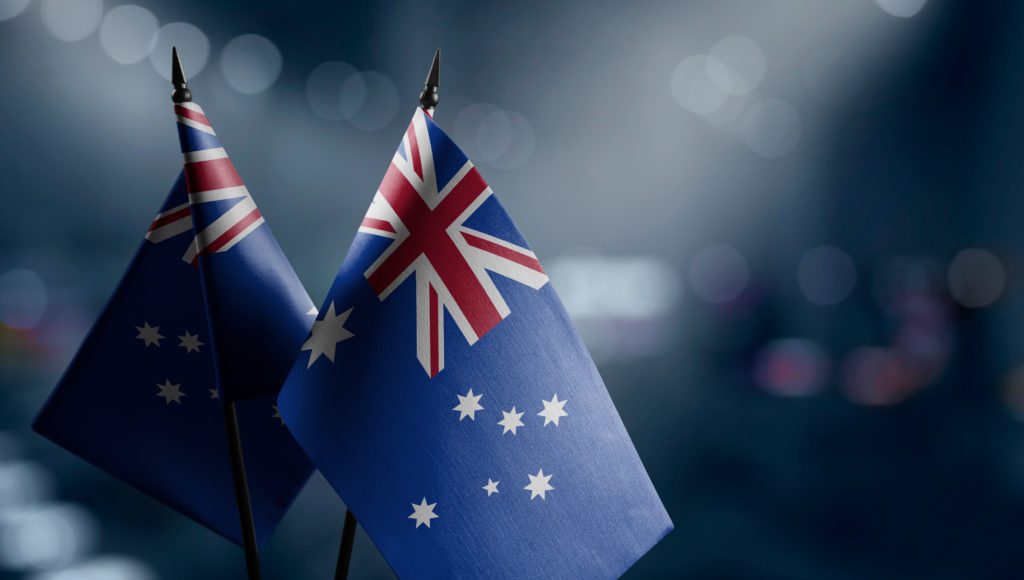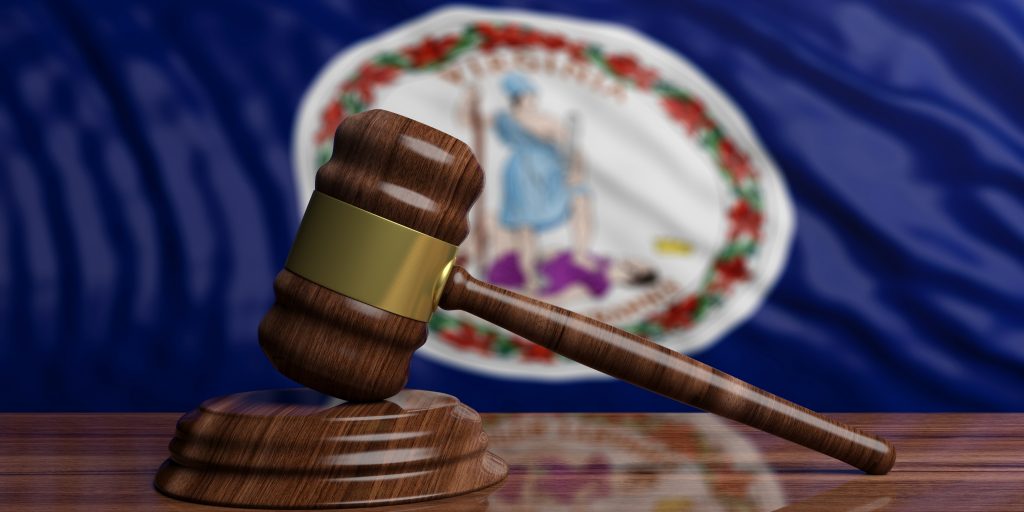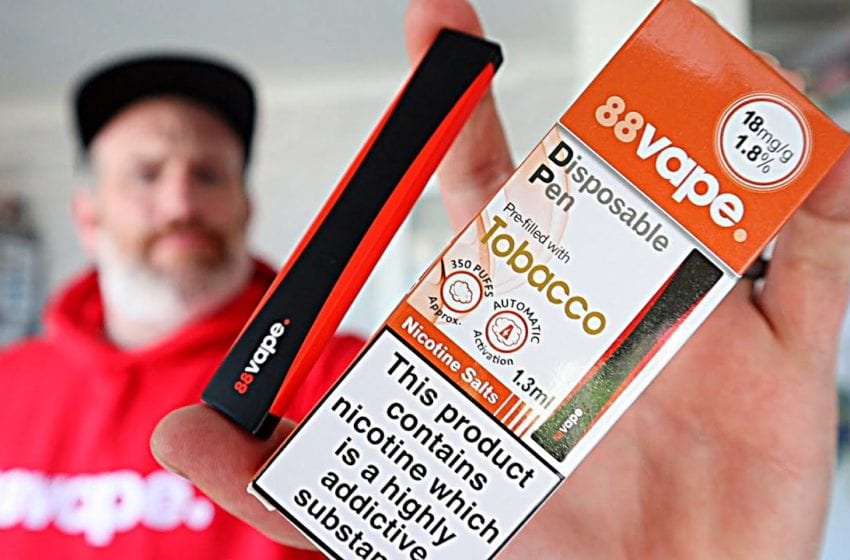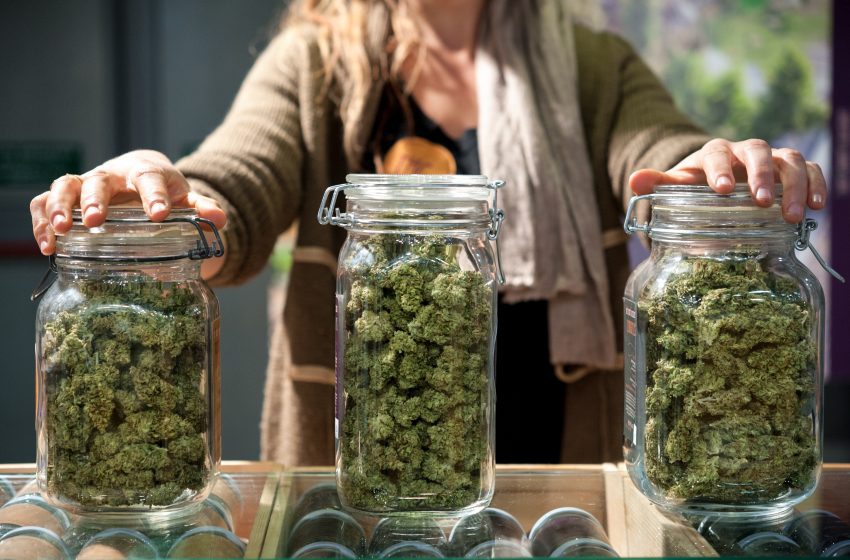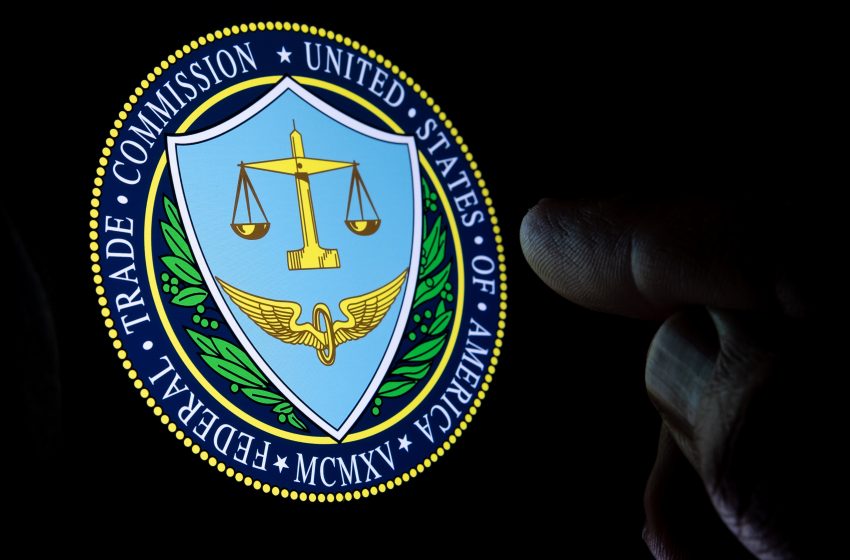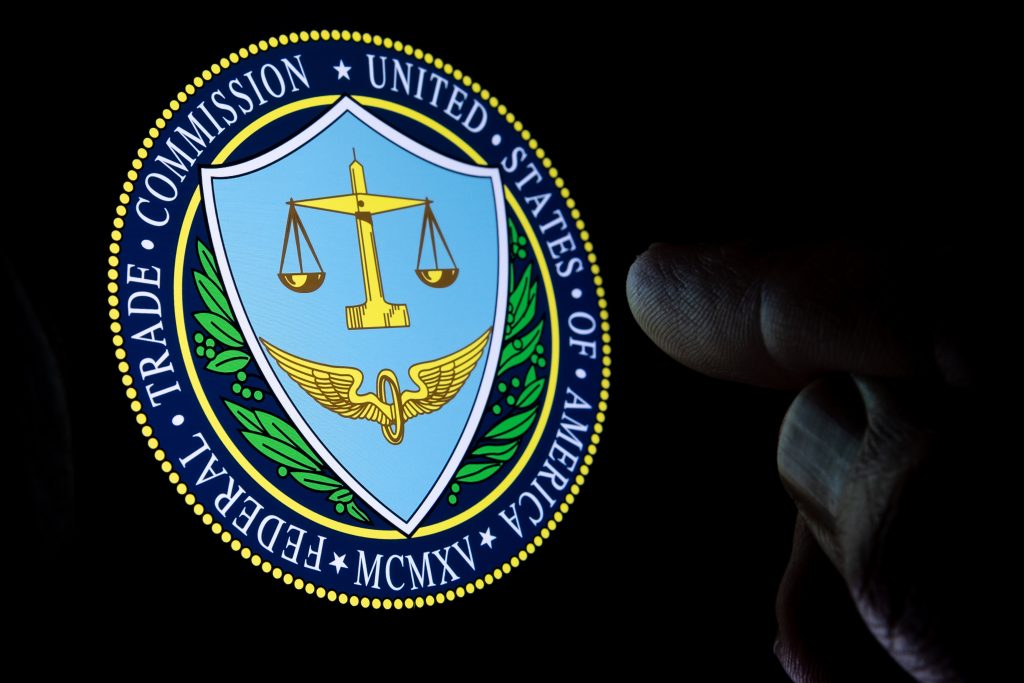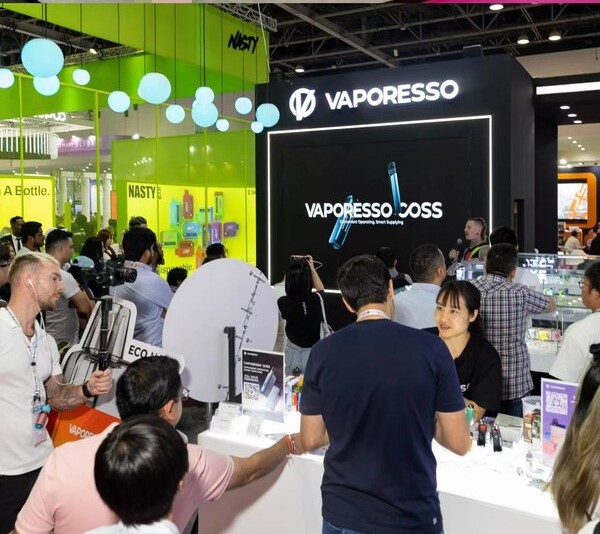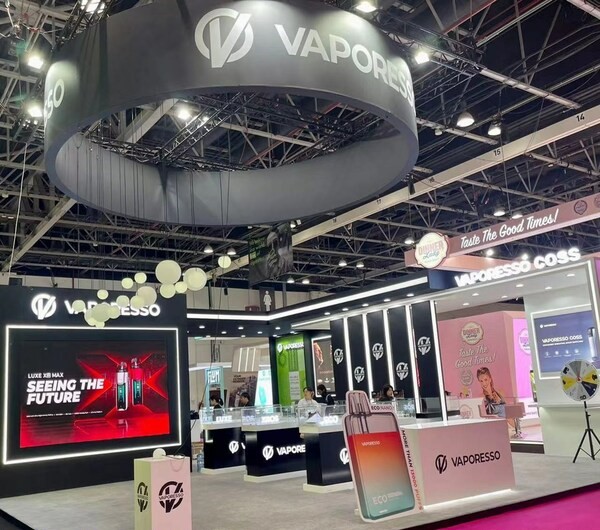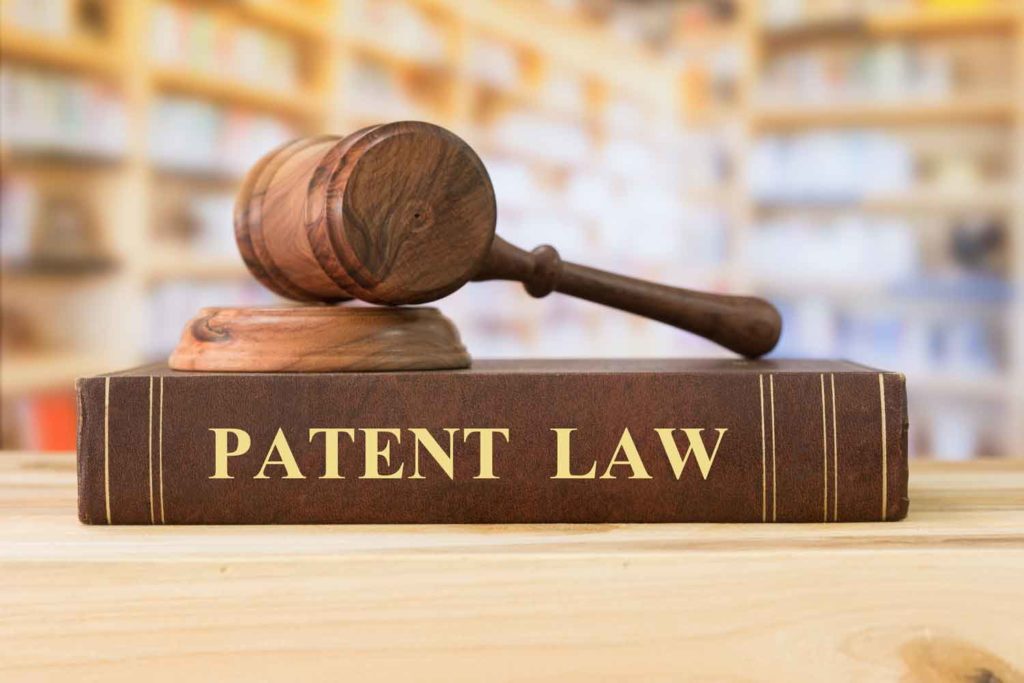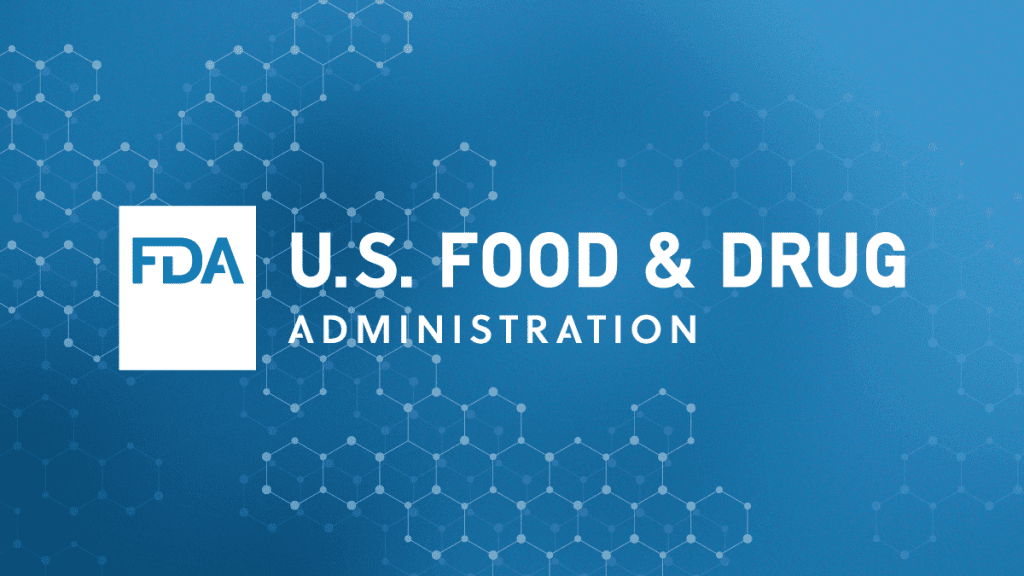
If you start to look for something, you will usually find more than when you weren’t looking. Seizures of illegal e-cigarettes in the UK in the first four months of the year were seven times as high as all of 2021.
Research found the UK has been flooded with two million illicit e-cigarettes since the beginning of last year, reports The Mirror.
Local leaders have called for a more vigorous crackdown on counterfeit vapes, with usage is said to be surging among children and adults.
London, the South East and North West were the top three regions for counterfeit vape seizures, according to the analysis.
The findings, uncovered through freedom of information requests sent to 167 local authorities by VapeClub, raise concerns about a booming black market selling products that do not comply with UK regulations and have not been through appropriate safety testing.
“Illicit vaping products have the potential to be dangerous to the user’s health. What’s needed is a licensing scheme so proper age verification tests can be applied to every retailer,” Dan Marchant, director of vaping and e-liquids retailer Vape Club, said.
“There must also be higher fines applied to every breach for the rogue sellers. The UK Vaping Industry Association is calling for the fines to be raised to at least £10,000 ($12,800), which would be a real deterrent.”




